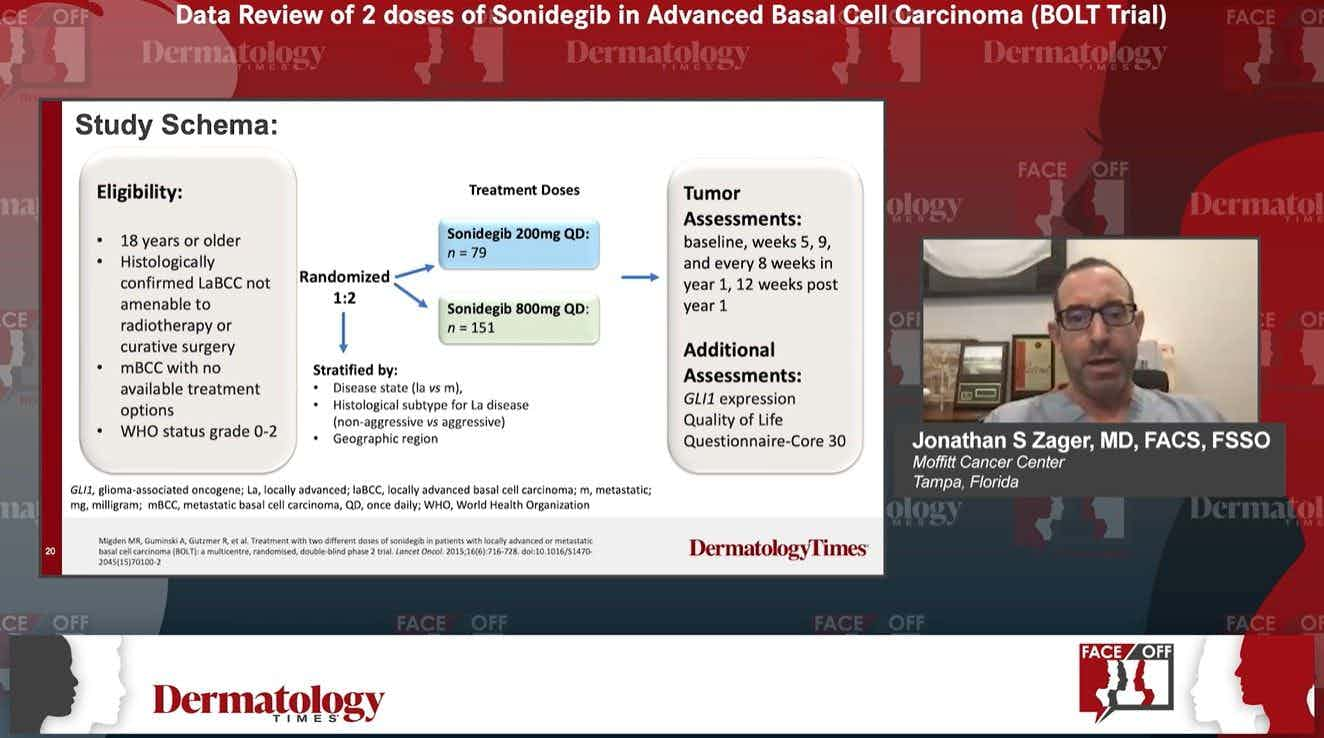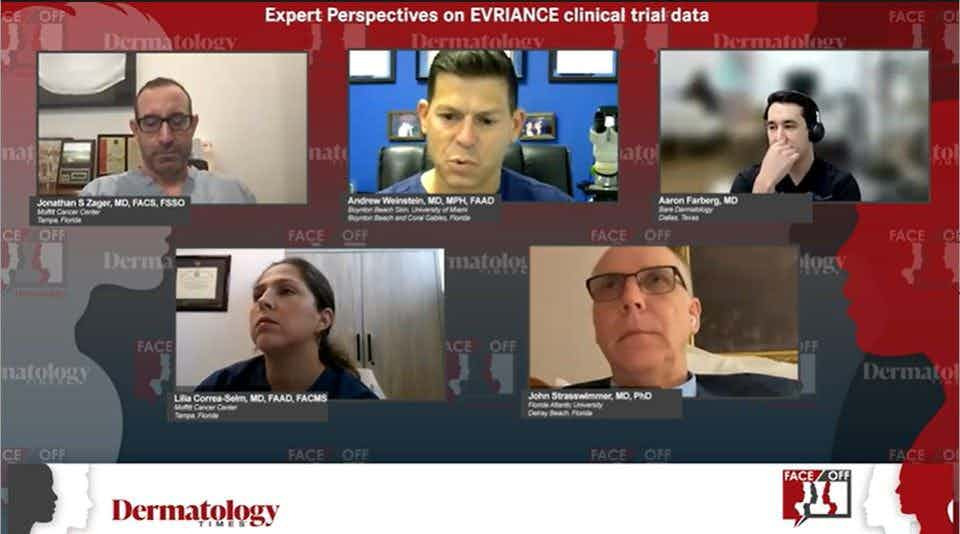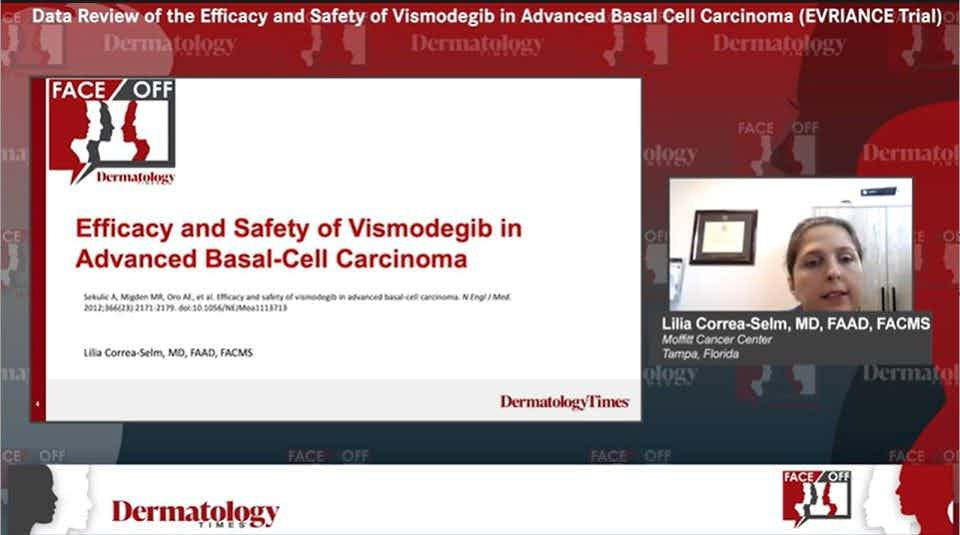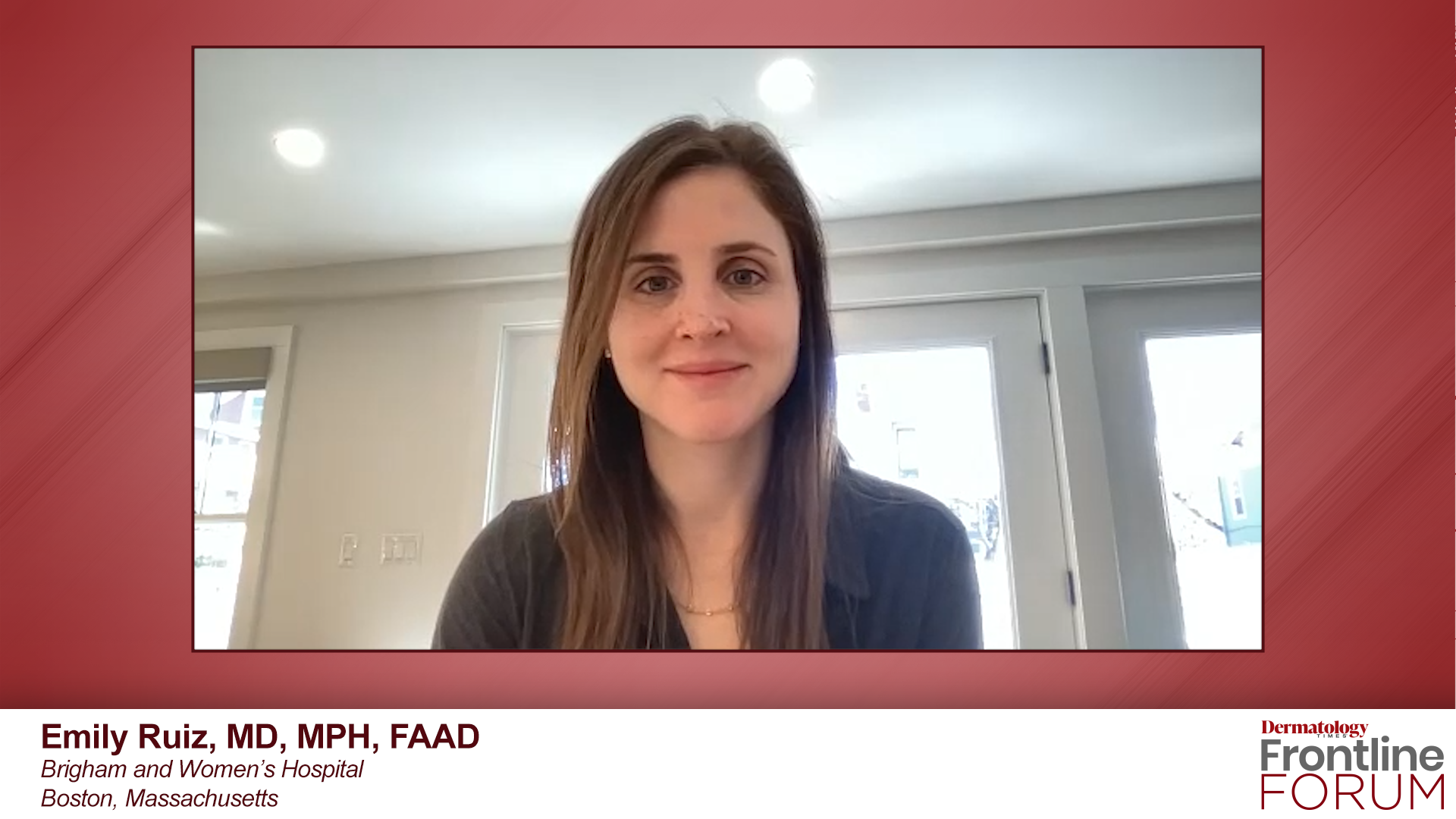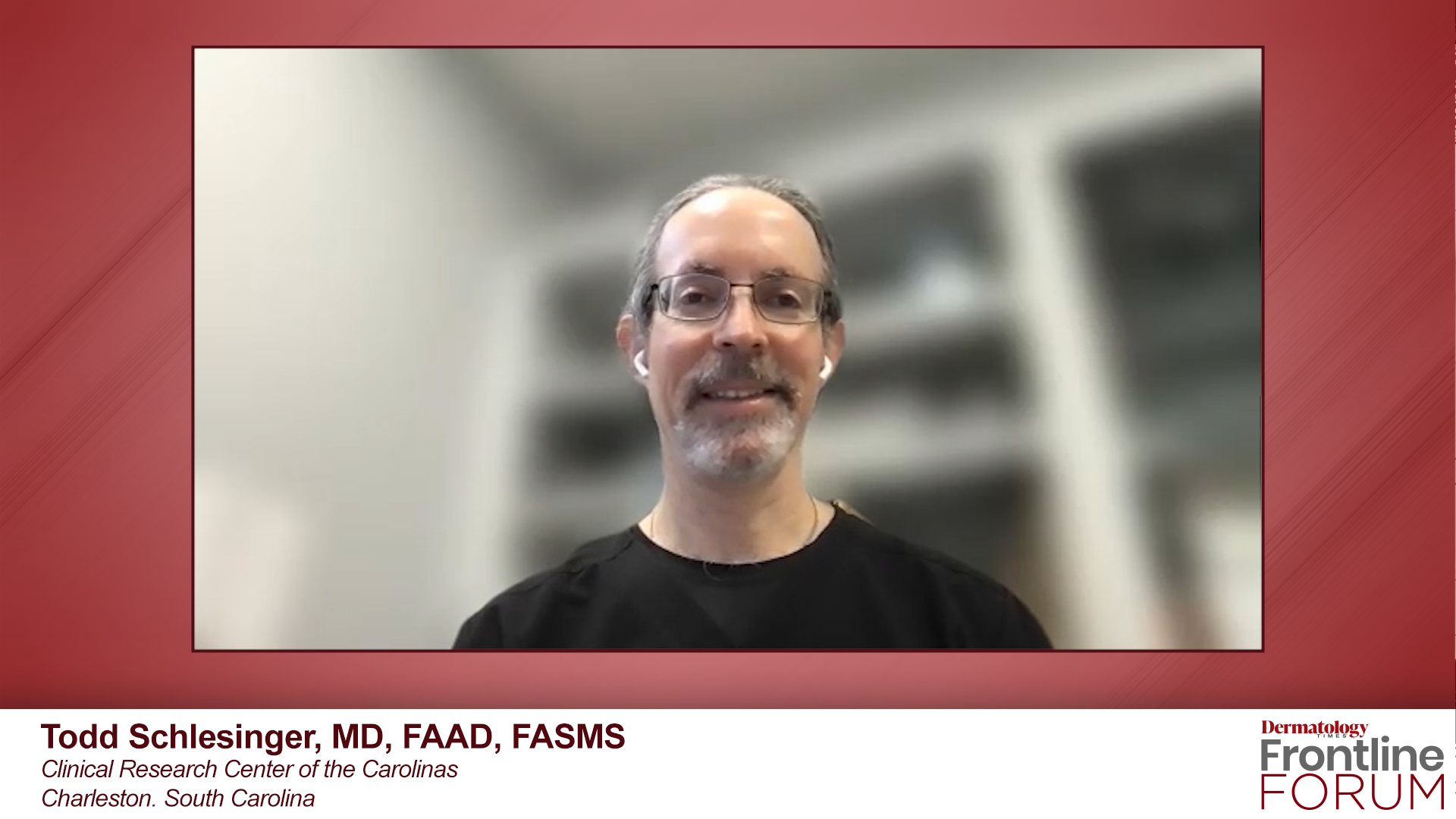- Acne
- Actinic Keratosis
- Aesthetics
- Alopecia
- Atopic Dermatitis
- Buy-and-Bill
- COVID-19
- Case-Based Roundtable
- Chronic Hand Eczema
- Chronic Spontaneous Urticaria
- Drug Watch
- Eczema
- General Dermatology
- Hidradenitis Suppurativa
- Melasma
- NP and PA
- Pediatric Dermatology
- Pigmentary Disorders
- Practice Management
- Precision Medicine and Biologics
- Prurigo Nodularis
- Psoriasis
- Psoriatic Arthritis
- Rare Disease
- Rosacea
- Skin Cancer
- Vitiligo
- Wound Care
Article
Image-Guided Superficial Radiotherapy for BCC and SCC
Author(s):
New study data shows positive data for Image-Guided Superficial Radiotherapy (IGSRT) in treating basal cell carcinoma and squamous cell carcinoma.
SkinCure Oncology announced the results of its trial, published in the Oncology and Therapy journal, showing a 99.3% cure rate in treating basal cell carcinoma (BCC) and squamous cell carcinoma (SCC) with Image-Guided Superficial Radiotherapy (IGSRT).1
According to the press release, IGSRT is a technology that treats skin cancer by using low levels of x-rays combined with radiotherapy protocols used by SkinCure Oncology Practice Partners.
The goal of the study was to evaluate the safety and efficacy of IGSRT in treating non-melanoma skin cancer.
The study researchers assessed the medical records of 1,632 patients with a combined 2,917 stage 0 to 2 lesions treated with IGSRT between 2017 to 2020. None of the patients had evidence of regional lymph node or distant disease at presentation.2
Of the lesions treated, 2,897 (99.3%) did not have evidence of disease at the patient’s last follow-up visit. The mean time of follow-up was 69.8 weeks, and the patients were 57% male with a mean age of 73.2 years.
Patients diagnosed with BCC and SCC, according to the release, had limited treatment options before the availability of IGSRT. These options included cryosurgery, superficial radiotherapy without imaging capabilities, and Mohs surgery. Mohs surgery requires anesthesia, scalpel, and post-surgical suture/stitch removal that can result in scarring. This scarring can lead to cosmetic surgery.
"The results of this study demonstrate that IGSRT should be considered as a first-line treatment option for early-stage basal cell and squamous cell carcinoma," said study co-author Christopher R. Shea, MD, dermatologist, and professor of medicine at the University of Chicago, in Chicago, Illinois.
Shea's co-authors were New York radiation oncologist Lio Yu, MD, and Chad K. Oh, MD, current chief medical officer at AEON Biopharma in California.
"This significant study affirms what we have been seeing in clinical practices across the country that offer Image-Guided SRT as an option to their patients," said Kerwin J. Brandt, co-founder and CEO, SkinCure Oncology. "This next-generation skin cancer treatment, when coupled with our comprehensive program, is a gamechanger in dermatology, and we are honored to facilitate its use for the benefit of those millions of people who are diagnosed with skin cancer every year."
Reference:
1. Study shows image-guided superficial radiotherapy is 99. 3 percent effective in treating common skin cancers without surgery. Published September 8, 2021. Accessed September 13, 2021. https://www.prnewswire.com/news-releases/study-shows-image-guided-superficial-radiotherapy-is-99-3-percent-effective-in-treating-common-skin-cancers-without-surgery-301371628.html
2. Yu L, Oh C, Shea CR. The treatment of non-melanoma skin cancer with image-guided superficial radiation therapy: an analysis of 2917 invasive and in situ keratinocytic carcinoma lesions. Oncol Ther. 2021;9(1):153-166. doi:10.1007/s40487-021-00138-4
Newsletter
Like what you’re reading? Subscribe to Dermatology Times for weekly updates on therapies, innovations, and real-world practice tips.


